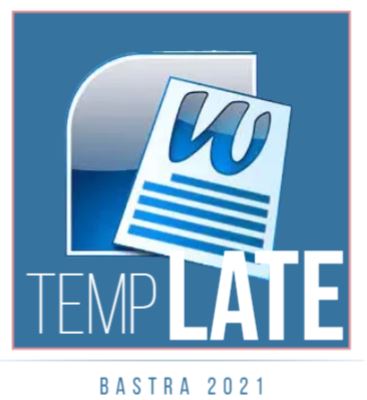PENGEMBANGAN BUKU AJAR ANALISIS KESALAHAN BERBAHASA DI PERGURUAN TINGGI (PENDEKATAN TEORETIS-PRAKTIS)
Keywords:
development, textbooks, language error analysisAbstract
This study was conducted with the aim to (1) describe the process of developing textbooks, (2) describe the quality of textbooks developed: (a) the feasibility of the content, (b) the feasibility of the presentation, and (c) the feasibility of the language, and (3) describe the implementation of the developed textbook of language error analysis when implemented in the classroom. Data collected by the validation methods, questionnaire, and test methods. The findings of this study indicate that (1) in the process of developing the textbooks, there were seven development process, which have been done because of it the textbook was already feasible for use in accordance with the determined development method, (2) developed textbook was highly qualified and fit for use in terms of the feasibility of the content, presentation and language, (3) the developed textbook was highly effective in its implementation and appropriate for use.
Downloads
Published
How to Cite
Issue
Section
License
Authors who publish with PENTAS agree to the following terms:
Authors retain copyright and grant the Engagement right of first publication with the work simultaneously licensed under a Creative Commons Attribution License (CC BY-SA 4.0) that allows others to share (copy and redistribute the material in any medium or format) and adapt (remix, transform, and build upon the material) the work for any purpose, even commercially with an acknowledgement of the work's authorship and initial publication in BASTRA.
Authors are able to enter into separate, additional contractual arrangements for the non-exclusive distribution of the journal's published version of the work (e.g., post it to an institutional repository or publish it in a book), with an acknowledgement of its initial publication in BASTRA.
Authors are permitted and encouraged to post their work online (e.g., in institutional repositories or on their website) prior to and during the submission process, as it can lead to productive exchanges, as well as earlier and greater citation of published work (See The Effect of Open Access).

This work is licensed under a Creative Commons Attribution-ShareAlike 4.0 International License.








